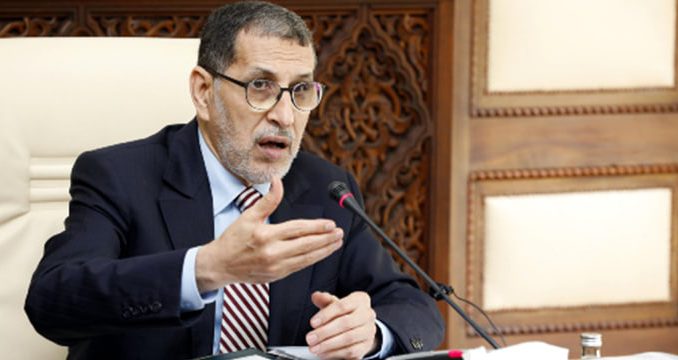
The levies on the salaries of civil servants for the benefit of the Special Fund dedicated to the management of the pandemic of the new Coronavirus (Covid-19) are not “obligatory”, said on Saturday, the Minister of Labour and Professional Insertion, Mohamed Amekraz.
“Any civil servant who does not wish to have his salary used for the benefit of the fund is asked to submit a request to that effect,” Mr. Amkraz said, avoiding such request in view of the solidarity nature of this operation.
He noted that the proposal to make this levy voluntary had been raised by the trade union centers at a meeting devoted to this suggestion, which was presented to the Head of Government, who approved it.
In this regard, the Head of Government noted that the Ministry of Economy, Finance and Administrative Reform is currently working on the establishment of a platform dedicated to the implementation of this proposal.
The head of government, Saad Dine El Otmani, decided last 14 April that civil servants and agents of the State and local authorities, as well as employees of public establishments, will contribute to the Special Fund dedicated to the management of the Coronavirus pandemic (Covid-19), to the tune of three days’ salary spread over three months, that is to say the salary of one working day taken from the months of April, May and June.
In a letter addressed to ministers, deputy ministers, high commissioners and the Commissioner-General, Mr El Otmani explained that this decision, which reflects the spirit of solidarity shown by Moroccans on many occasions, is in application of article 40 of the Constitution, according to which “all shall bear in solidarity and in proportion to their financial means, the burdens required for the country’s development and those resulting from calamities and natural disasters”, and in accordance with the provisions of Law 2. 20,292 on the state of health emergency and the procedures for its declaration, in particular article 5, and in response to the willingness of the most representative trade unions to mobilize and engage in the process of support and solidarity.




Be the first to comment